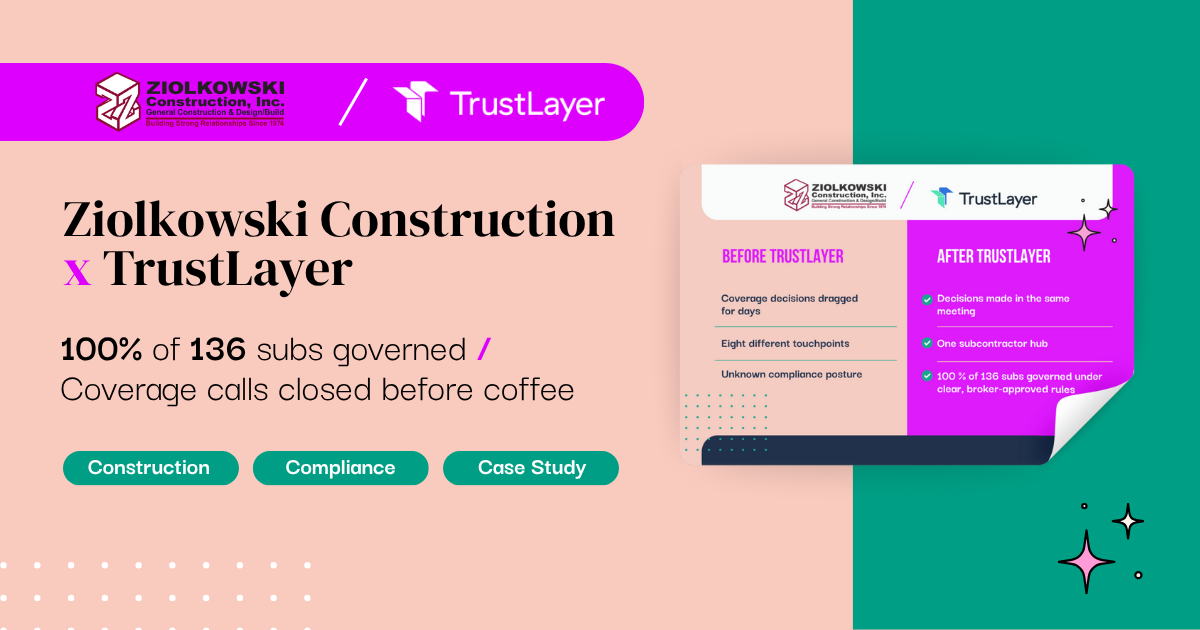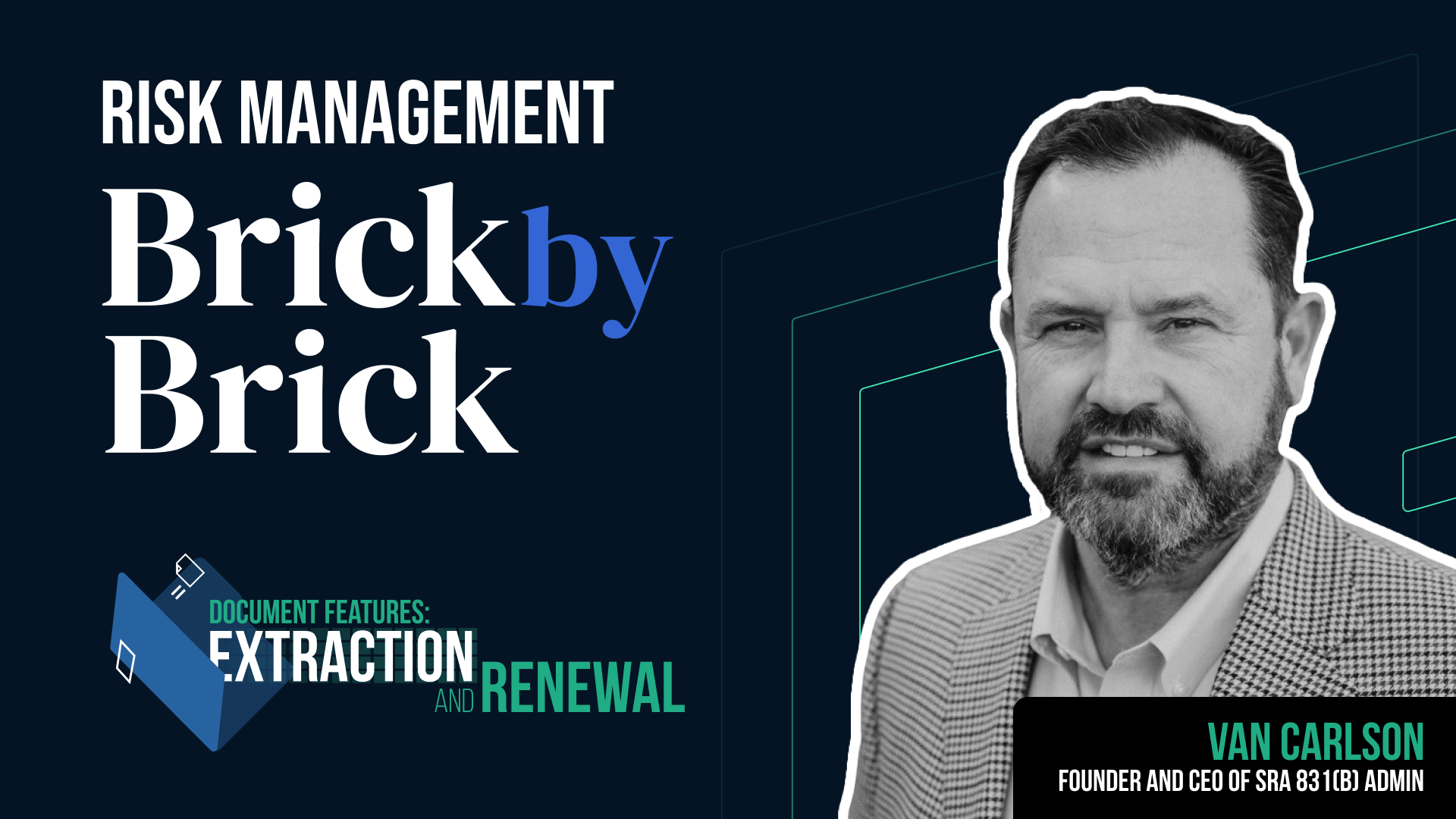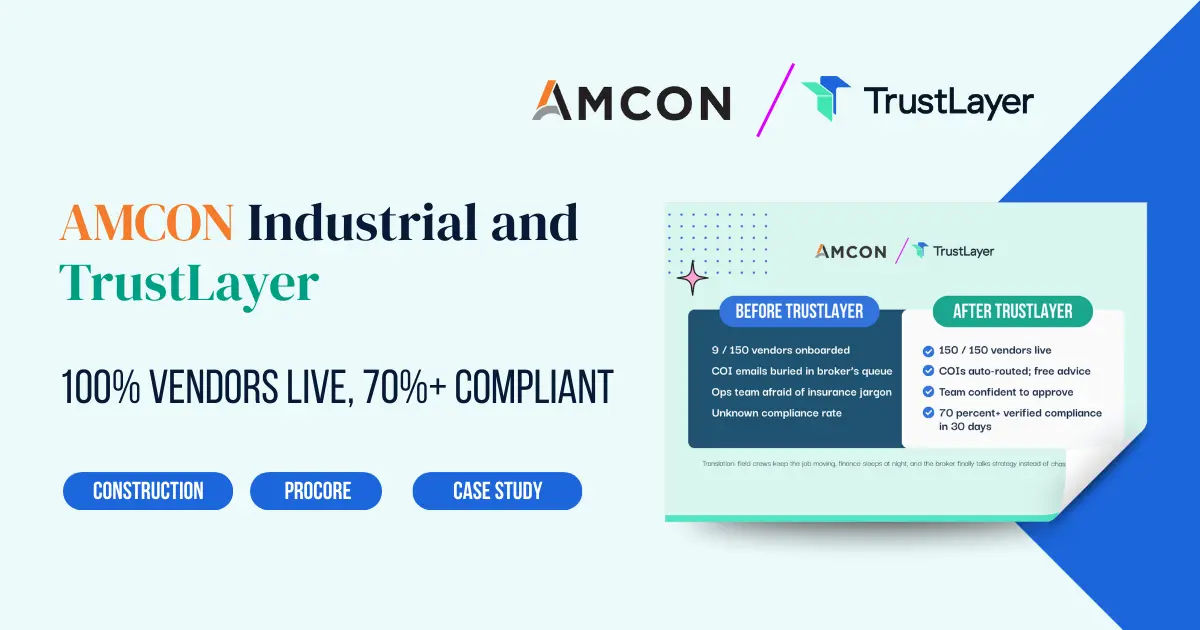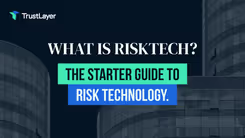Top Compliance Challenges in Healthcare Supply Chains—and How Automation Solves Them

The healthcare industry operates under many regulations to ensure the safety and effectiveness of medical products and services. The supply chain must adhere to strict compliance measures as a vital part of this ecosystem. However, navigating these complexities can be daunting. This article will explore the key compliance challenges healthcare supply chains face and discuss how automation can be a powerful solution to alleviate these issues.
The Complexity of Healthcare Supply Chain Compliance
Healthcare supply chains involve numerous stakeholders, from manufacturers and distributors to healthcare providers and patients. Each entity plays a critical role in delivering safe and effective medical products. The compliance landscape in this sector encompasses various regulatory standards, such as the FDA’s Good Manufacturing Practices (GMP) and adherence to international standards like ISO 13485. These standards are not merely bureaucratic hurdles but essential frameworks designed to ensure that the products reaching patients are safe, effective, and high-quality. The rigorous nature of these regulations reflects the high stakes involved in healthcare, where the safety and well-being of individuals are paramount.
Moreover, the healthcare supply chain must also navigate federal and state regulations, which can vary significantly. Ensuring compliance becomes a complex task with such a diverse range of standards. Any oversight can lead to significant consequences, including legal penalties, financial losses, and, most critically, risks to patient safety. The challenge is compounded by the rapid pace of technological advancements in medical devices and pharmaceuticals, which often outstrip existing regulations. As new products enter the market, healthcare organizations must remain agile and informed to adapt to these evolving compliance requirements, necessitating ongoing education and training for staff at all levels.
In addition to regulatory complexities, healthcare supply chains often deal with product recalls, inventory management issues, and shipping and handling protocol variations. These elements further exacerbate the challenges of maintaining compliance and require unwavering vigilance. For instance, a product recall can disrupt the entire supply chain, necessitating immediate action to ensure that affected products are removed from circulation. This involves logistical challenges and requires effective communication strategies to inform healthcare providers and patients about potential risks. The need for a robust risk management strategy becomes apparent as organizations must be prepared to respond swiftly and effectively to any compliance-related incidents that may arise.
Common Compliance Gaps in Vendor Management
Vendor management is a critical component of supply chain compliance. However, it is an area rife with potential gaps and vulnerabilities. Many healthcare organizations struggle to consistently oversee and monitor their suppliers, which can lead to compliance issues. This lack of oversight can stem from various factors, including resource constraints and the sheer complexity of managing multiple vendor relationships simultaneously. As a result, organizations may rely on outdated information or assumptions about their suppliers, which can lead to significant compliance risks.
One standard gap arises from insufficient vendor vetting processes. Often, organizations fail to conduct comprehensive background checks and assessments, putting them at risk of partnering with suppliers who do not meet the necessary regulatory standards. This oversight can be particularly detrimental when dealing with critical medical supplies with high stakes. The failure to properly vet suppliers can lead to issues such as inadequate quality control, which may result in the distribution of defective or unsafe products. Additionally, the proliferation of third-party vendors complicates matters further, as organizations may struggle to maintain visibility over their entire supply chain.
- Inadequate documentation and verification of supplier credentials
- Lack of regular audits and performance evaluations
- Limited communication regarding compliance protocols
These deficiencies can result in the delivery of subpar products, negatively impacting patient care and potentially leading to disastrous consequences. Furthermore, as healthcare organizations increasingly turn to global suppliers, language barriers and cultural differences can further complicate compliance efforts. The challenge lies in ensuring that all vendors adhere to the same high standards and fostering a culture of compliance that transcends geographical and cultural boundaries. Effective training programs and clear communication channels are essential to bridge these gaps, ensuring that all parties understand the importance of compliance and their role in upholding it.
Why Manual Tracking Fails in Healthcare Supply Chains
Many healthcare organizations have traditionally relied on manual processes to track compliance within their supply chains. However, this approach is fraught with challenges. Manual tracking systems are prone to human error, resulting in critical missteps that compromise compliance.
Moreover, relying on spreadsheets and paper-based documentation can be time-consuming and inefficient. With the speed of modern supply chains, information can quickly become outdated, making it challenging to maintain real-time visibility into compliance statuses.
- Errors in data entry leading to incorrect compliance records
- Delayed updates that do not reflect current supplier performance
- Inability to quickly respond to regulatory changes or emergencies
The consequences of these failures can be severe, from fines and legal repercussions to harm to patient safety. Organizations must recognize that just as the healthcare landscape evolves, so too must their approach to compliance tracking.
In addition to the immediate risks associated with manual tracking, there are broader implications for healthcare operations' overall efficiency and effectiveness. For instance, when compliance data is not accurately captured or updated promptly, it can have a cascading effect on inventory management. Healthcare providers may find themselves either overstocked with supplies nearing expiration or understocked on critical items, resulting in delays in patient care. This affects operational costs and can strain relationships with suppliers who expect timely and accurate reporting.
Furthermore, reliance on outdated tracking methods can hinder an organization from leveraging advanced technologies that improve supply chain transparency. Innovations such as blockchain and IoT (Internet of Things) have the potential to revolutionize how compliance is monitored and reported. By integrating these technologies, healthcare organizations could achieve traceability and accountability that manual systems simply cannot provide, ultimately leading to better patient outcomes and enhanced operational resilience.
How Automation Improves Supplier Accountability
Enter automation, a transformative solution that has the potential to revolutionize compliance tracking in healthcare supply chains. By automating vendor management processes, organizations can significantly enhance accountability and oversight.
Automated systems facilitate streamlined data entry and real-time updates, reducing the likelihood of human error. These systems can track compliance metrics, generate alerts for potential issues, and compile comprehensive performance reports. With automation, organizations can maintain an up-to-date view of all vendors and their compliance statuses, promoting informed decision-making.
- Improved visibility into supplier performance through dashboards and analytics
- Automated alerts for compliance deviations or expiring certifications
- Integration with other supply chain management systems for seamless data flow
Furthermore, automation fosters greater collaboration between organizations and their suppliers. With shared platforms for compliance tracking, both parties can proactively address concerns and maintain high standards for product quality and safety. This collaboration not only strengthens supplier relationships but also enhances overall patient care.
In addition to these benefits, automation can lead to significant cost savings for healthcare organizations. By minimizing manual processes, companies can reduce labor costs and allocate resources more efficiently. The time saved on administrative tasks can be redirected toward strategic initiatives that improve patient outcomes and operational efficiency. Moreover, automated systems can provide predictive analytics, allowing organizations to anticipate supply chain disruptions and mitigate risks before they escalate into more significant issues.
Moreover, implementing automation can enhance regulatory compliance by ensuring that all necessary documentation is consistently updated and readily accessible. This is particularly crucial in the healthcare sector, where stringent regulations and non-compliance can lead to severe penalties. Automated systems can maintain an audit trail of all compliance-related activities, making it easier for organizations to demonstrate adherence to industry standards during inspections or audits. This level of diligence protects the organization and builds trust with stakeholders and patients alike.
The Future of Supply Chain Compliance in Healthcare
As we look to the future, it is evident that healthcare supply chain compliance will continue to evolve alongside technological advancements. Automation will be increasingly pivotal in enhancing compliance, particularly as healthcare organizations face mounting pressure to uphold quality standards.
Emerging technologies such as artificial intelligence and machine learning have the potential to streamline compliance processes further. These tools can provide predictive insights, enabling organizations to identify and mitigate risks before they escalate proactively.
- AI-driven risk assessments to evaluate supplier reliability
- Machine learning algorithms to analyze compliance data and trends
- Blockchain technology to ensure transparency and traceability
Ultimately, the future of supply chain compliance relies on automation and fostering a culture of compliance within organizations. This involves continuous education, dynamic vendor partnerships, and a commitment to prioritizing patient safety.
Moreover, integrating Internet of Things (IoT) devices into the supply chain can significantly enhance real-time monitoring and data collection. By utilizing IoT sensors, healthcare providers can track the condition of medical supplies and pharmaceuticals throughout their journey, ensuring they are stored and transported under optimal conditions. This capability helps maintain compliance with regulatory standards, minimizes waste, and reduces the risk of product recalls, thereby safeguarding patient health.
As we move forward, regulatory bodies' roles will also evolve. They will likely adopt more collaborative approaches, working closely with healthcare organizations to develop guidelines that are not only stringent but also adaptable to the rapid pace of technological change. This partnership will be crucial in ensuring that compliance measures are effective and practical, allowing healthcare providers to focus on delivering high-quality care while managing their supply chains effectively.
As healthcare supply chains face the future, the need for robust compliance measures has never been greater. TrustLayer understands the critical role of efficient risk management in this evolving landscape. Our best-in-class certificate of insurance (COI) tracker is designed for the modern risk manager, simplifying the verification process and reducing the administrative burden associated with document management. Embrace the future of risk management with TrustLayer's innovative tools, and join the hundreds of thousands of companies that have already streamlined their compliance processes. Don't let manual tracking slow you down. Set up a time to talk with our team and discover how we can help you improve your healthcare supply chain compliance.










.png)



